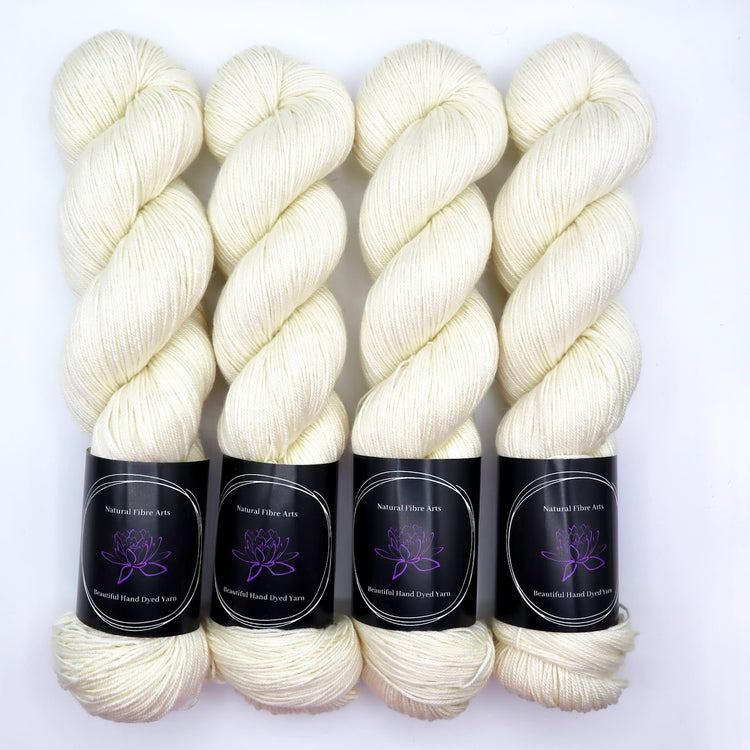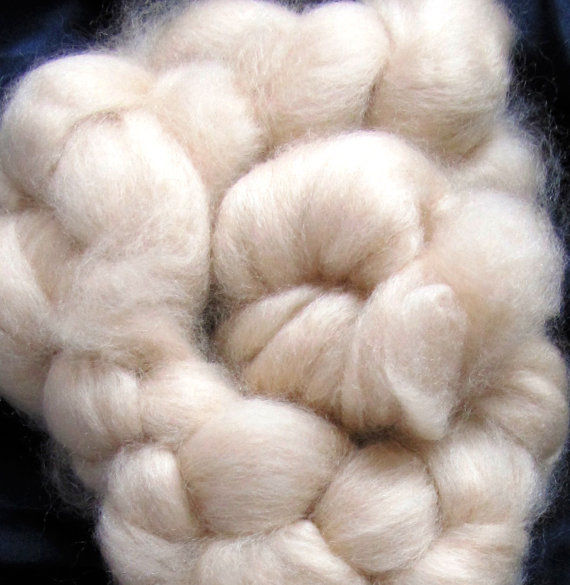The Facts Behind Is Cashmere a Natural Fiber and Its Green Appeal
The Facts Behind Is Cashmere a Natural Fiber and Its Green Appeal
Blog Article
Discover the Attraction of Cashmere a Natural Fiber: Why It's a Must-Have in Your Closet
The allure of cashmere, a deluxe natural fiber, transcends simple aesthetics. From discussing its interesting origin to comprehending its production process, quality, and care, it's worth discovering why cashmere holds such an unique location in the world of textiles.

The Origin and History of Cashmere: A Quick Review
While several might see cashmere as an easy luxury, its background is steeped in rich social custom. Originating from the Kashmir area in India, cashmere woollen has been produced for hundreds of years. The fiber is acquired from the soft undercoat of cashmere goats, gathered during their molting period. As a valuable product, it was traded along the Silk Road, coming to be extremely valued in Europe in the 18th century. The name 'cashmere' is an old English derivation of Kashmir. Despite its international popularity, most of cashmere manufacturing still remains in Asia, specifically China and Mongolia. This historic journey highlights the social relevance of cashmere, transforming it from a local specialty to an international high-end.
Recognizing the Special Characteristics of Cashmere Fiber
While various other products may use down over time, cashmere maintains its high quality, making sure resilient wear. Cashmere has a special aesthetic appeal. Understanding these homes clears up why cashmere is not just a luxury, yet a rewarding financial investment for any type of wardrobe.

The Process of Making Cashmere: From Goat to Garment
To appreciate the glamorous properties of cashmere completely, one have to understand its journey from the raw fiber to the completed item. The procedure begins with the cashmere goats, primarily discovered in Mongolia, China, and Iran. The soft undercoat of these goats, collected throughout their natural molting season in spring, supplies the raw product. This fragile fiber is after that carefully separated from the coarser outer hair in a labor-intensive process understood as dehairing. The pure cashmere is after that colored, rotated right into thread, and finally knitted or woven into the desirable garments. Each action is carefully carried out to protect cashmere's remarkable heat, soft qualities, and resilience. This elaborate process leads to the development of a genuinely extravagant textile.

Deciphering the Top Quality and Price: Why Is Cashmere so Expensive?
The steep price of cashmere garments frequently leaves consumers asking yourself about its reason. The expenditure stems primarily from the difficult manufacturing procedure. is cashmere a natural fiber. Cashmere stems from the fine undercoat of the cashmere goat, with each goat creating a plain 150 grams annually. The labor-intensive process of combing and gathering the uncommon fiber considerably drives up the expense. The processing of raw cashmere requires both time and know-how, with the fibers requiring to be very carefully sorted, cleaned, and spun. Furthermore, the shortage of pure cashmere, paired with its superior gentleness, warmth, and resilience, justifies its deluxe condition and high price. These aspects integrated make cashmere a pricy yet extremely popular commodity on the planet of style.
Cashmere in Style: The Adaptability and Ageless Appeal
In spite of its high cost, the classic appeal and adaptability of cashmere have actually strengthened its place in the realm of style. The functional nature of cashmere permits for its integration into both official and casual outfit, symbolizing its wide allure. As trends come and go, cashmere remains a continuous, its appeal undiminished, proceeding to shape the fashion and inspire market's landscape.
Caring for Your Cashmere: Maintenance and Conservation Tips
Making sure the long life of cashmere garments calls for particular care and attention. These prized belongings must not be thrown right into the cleaning maker with normal washing. Rather, hand cleaning with mild, pH-neutral soap in warm water is suggested. After cleaning, they need to not be wrung out. Rather, they need to be delicately pushed in between towels you could try these out to soak up excess water, after that laid level to completely dry. Routine brushing with a cashmere comb can avoid pilling. Keeping these items in a cool, dry place, preferably in a breathable bag, can shield them from moths and humidity (is cashmere a natural fiber). An occasional airing outside, away from direct sunlight, can visit homepage revitalize the fibers. With these maintenance and preservation pointers, one can guarantee their cashmere stays luxuriously soft and long lasting.
Verdict
Cashmere, with its exceptional soft qualities and warmth, provides both high-end and resilience. Discover the attraction of cashmere and elevate your style repertoire.

Report this page